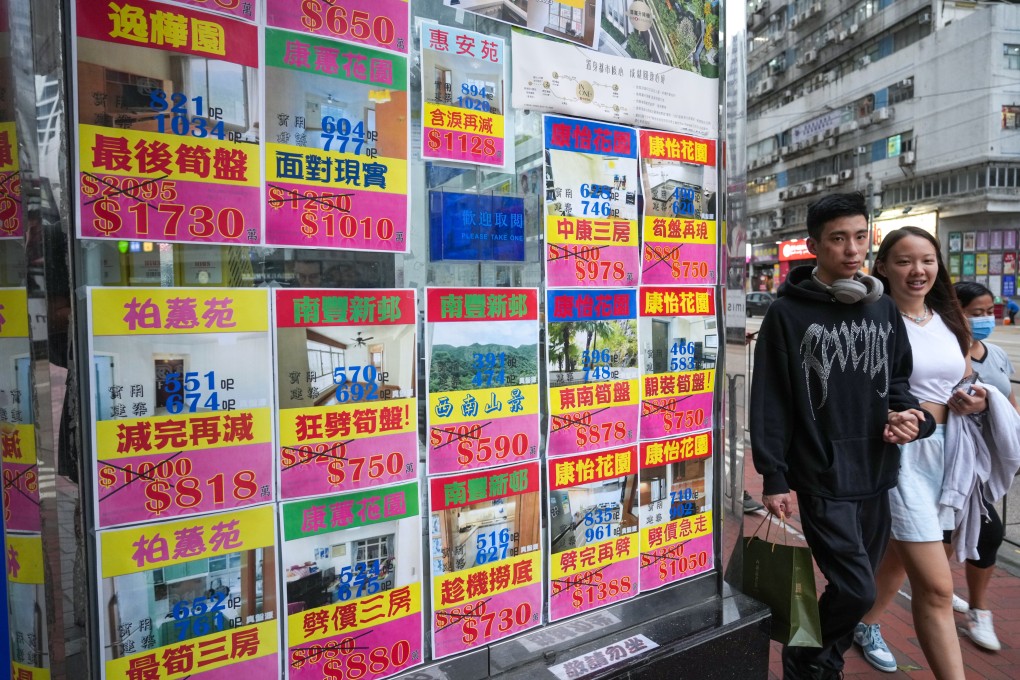Exclusive | Hong Kong policy address 2023: John Lee ‘expected to ease stamp duty for some home transactions, unveil plans to boost birth rate’
- Source says Chief Executive John Lee will announce changes to stamp duty for certain home transactions, but stop short of easing all such taxes
- Government sources have not ruled out proposals such as giving cash incentives to parents with newborns

“The chief executive is expected to announce key measures to address housing and economic problems, but details cannot be disclosed for now as it will move the market,” the insider said.
After wrapping up a four-day trip to Beijing on Thursday, Lee said his policy address would focus on increasing the city’s competitiveness, strengthening the economy and improving livelihoods.
Policies to stimulate the economy are typically announced in the financial secretary’s budget address. But the government has faced mounting pressure from developers and the business sector to ease property market cooling measures amid an ongoing decline in transactions and a series of failed land purchase bids.
The city has recorded only 8,792 new home sales this year as of September, and is expected to see about 11,000 deals for the whole of 2023, according to major property agency Centaline. It said the figures were likely to be the second-lowest in nearly a decade.